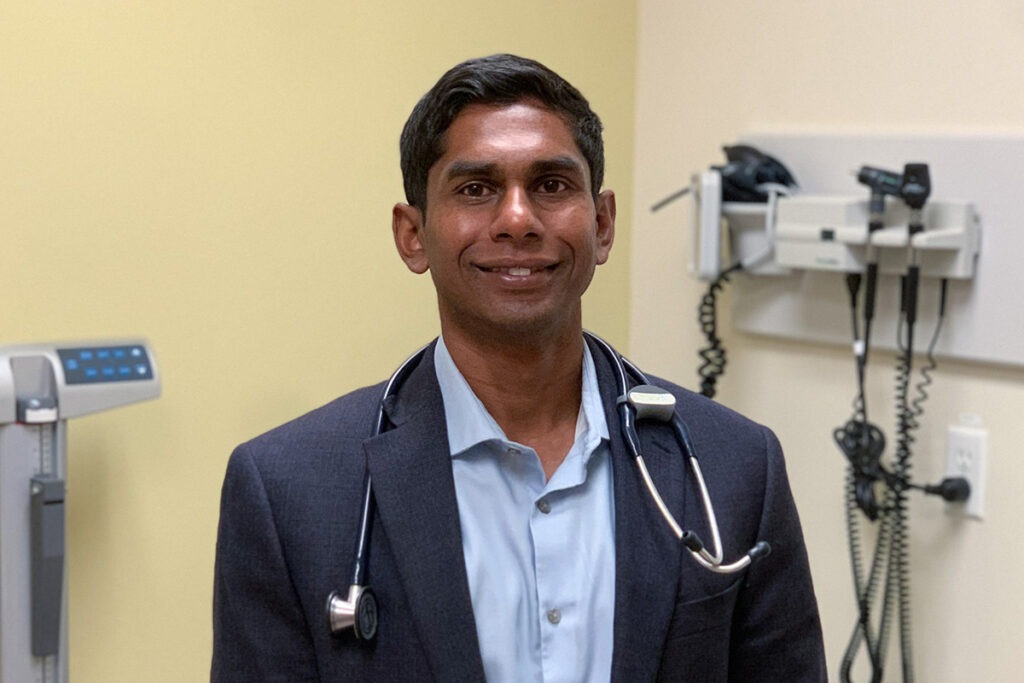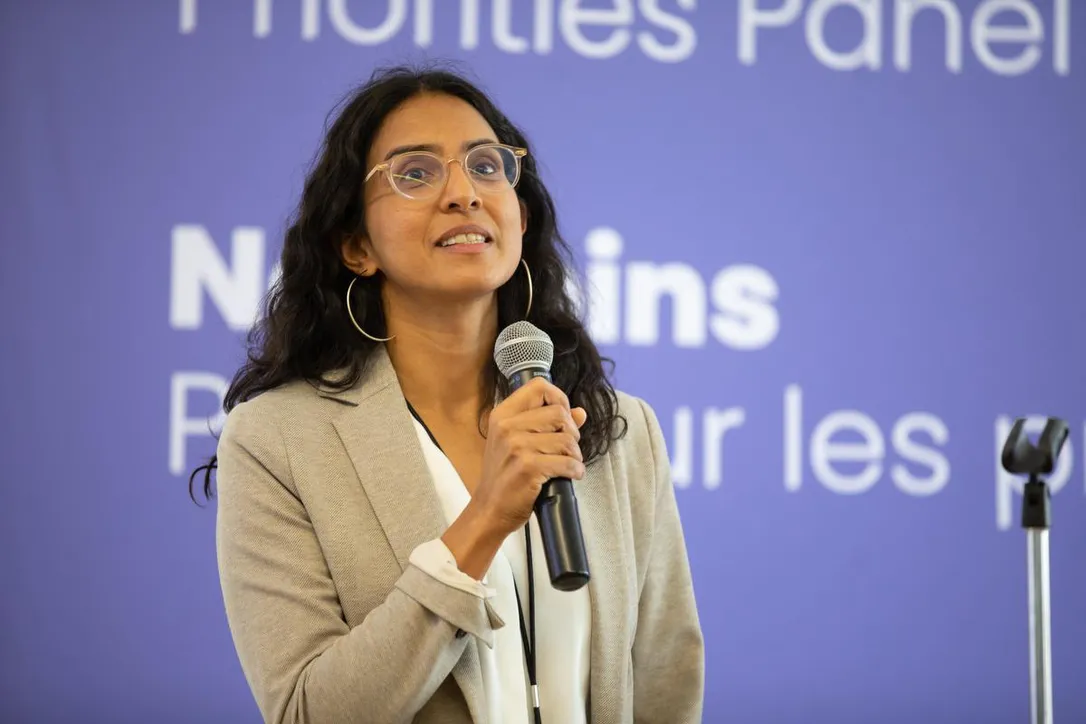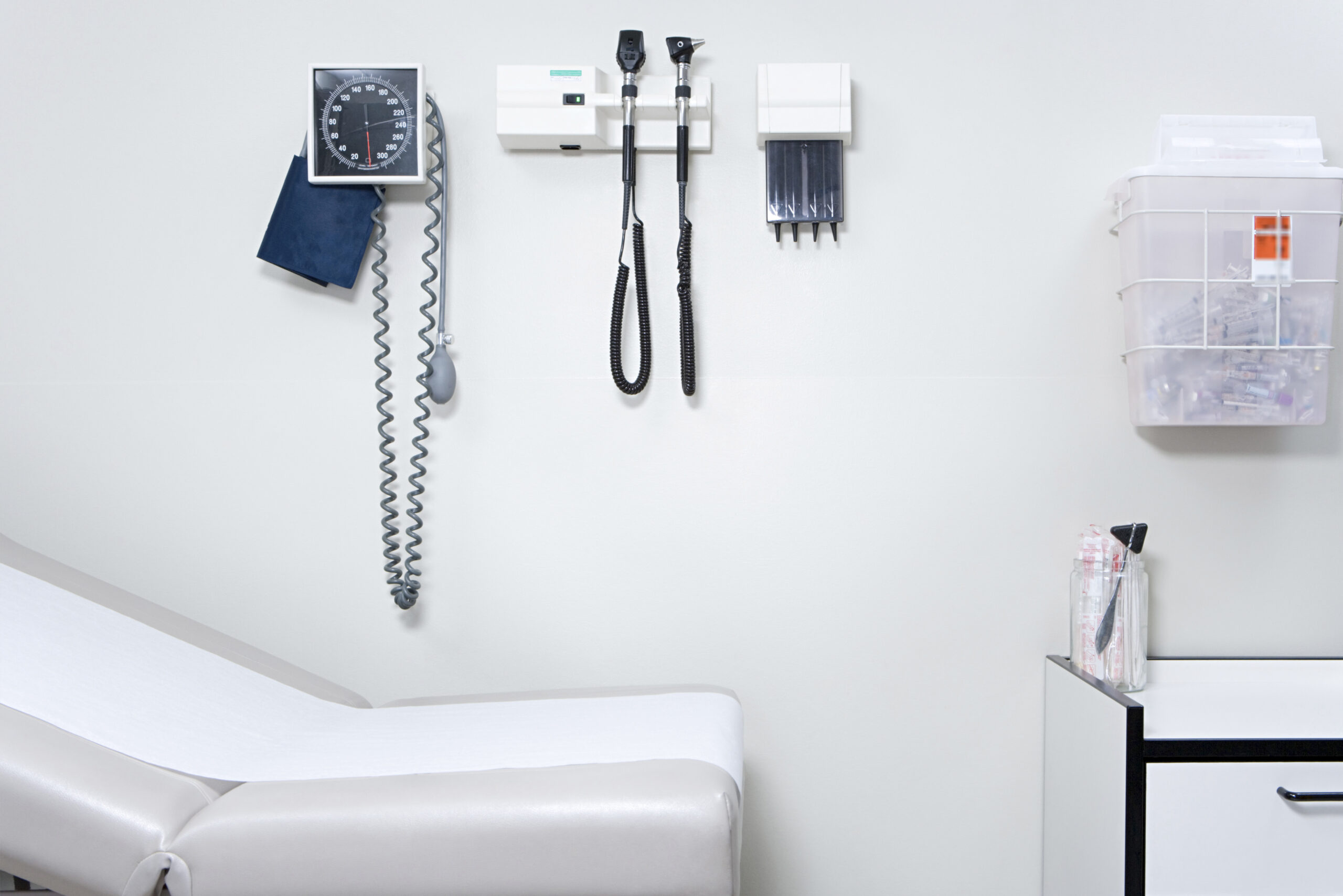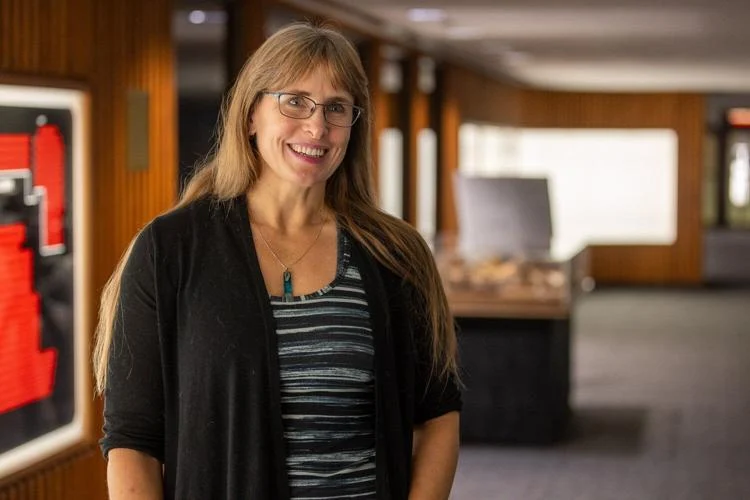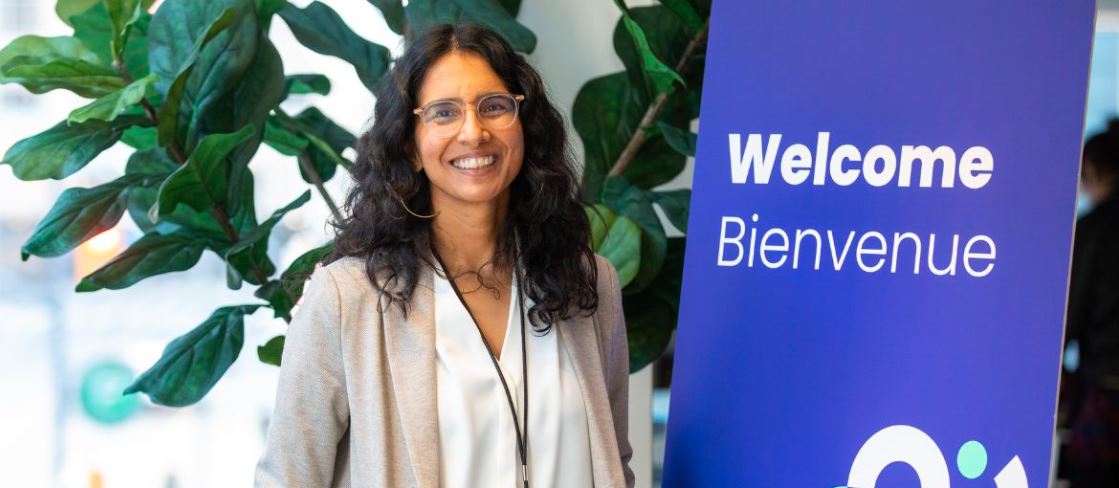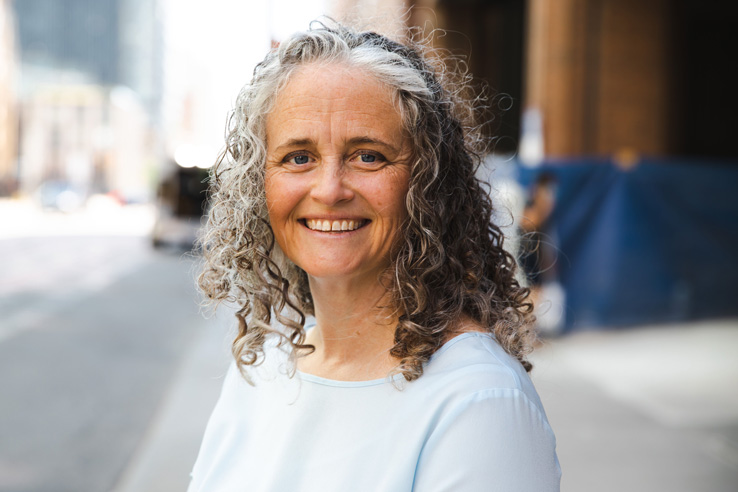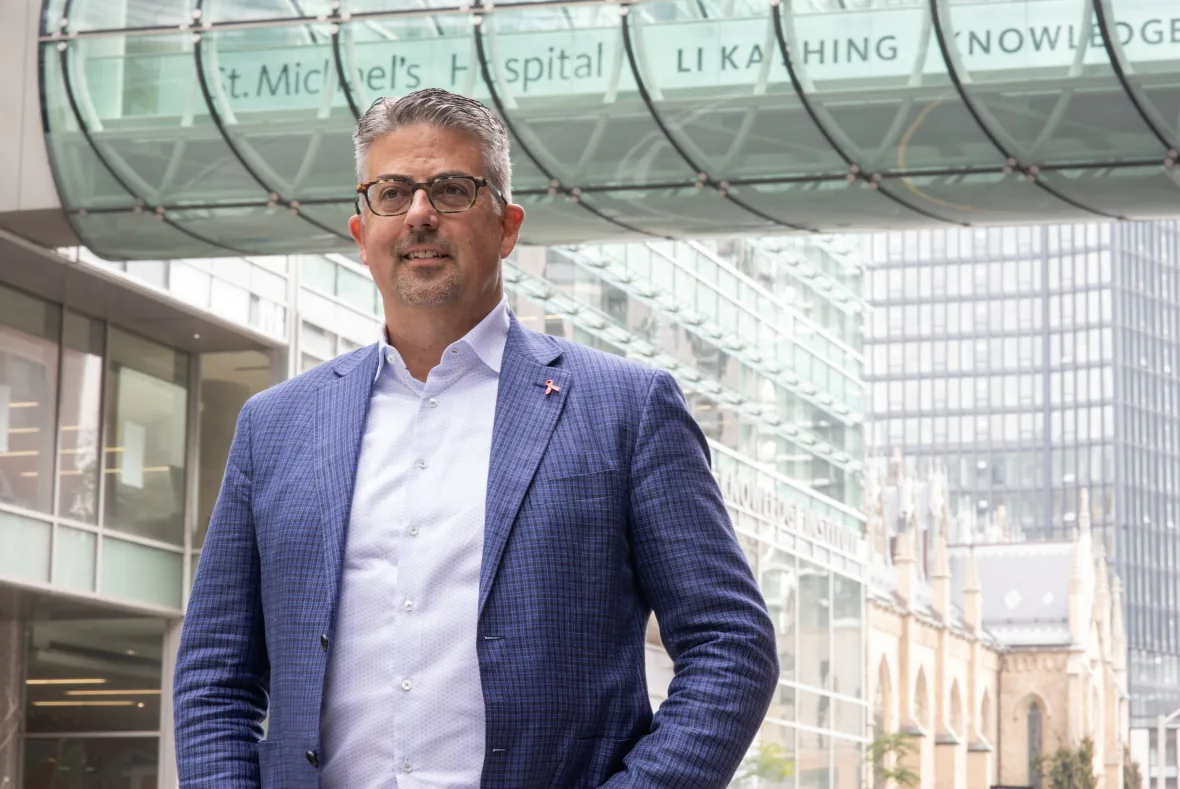Unity Health Toronto news release
A new national report led by researchers at Unity Health Toronto with input from close to 10,000 people in Canada highlights patient-led solutions to the worsening family doctor shortage and provides feedback from those directly affected on how to improve access to primary care across the country.
OurCare, the largest pan-Canadian conversation about the future of primary care, took place from September 2022 to December 2023 and engaged with Canadians through community roundtables, provincial panels and a national survey about their experiences and ideas for how to solve the crisis.
“We heard from almost 10,000 people across Canada who collectively spent about 10,000 hours engaging with us on how to improve the primary care system. People shared stories that were both heartwarming and heartbreaking,” said Dr. Tara Kiran, national lead for OurCare and a family doctor and scientist with the MAP Centre for Urban Health Solutions at St. Michael’s Hospital.
“And despite vastly different life experiences and backgrounds there was so much they agreed on. At its core, they felt strongly that every person deserves access to high quality primary care and that the system should be accountable to patients and the public.”
Data from OurCare showed the number of people across Canada without consistent access to a family doctor or nurse practitioner has risen from 4.5 million in 2019 to more than 6.5 million in 2023.
The OurCare survey heard from 9,279 people in Canada about their access to care, priorities, use of walk-in clinics, virtual care, primary care teams, medical records and ideas for system redesign. The data is publicly available at data.ourcare.ca.
Five provincial priorities panels engaged with 159 randomly selected people across Canada in deep dialogues about primary care in Ontario, British Columbia, Manitoba, Quebec and Nova Scotia.
Ten community roundtables also received in depth feedback from 192 participants from underserved communities including First Nation, Inuit and Métis people; African, Caribbean and Black communities; immigrants, refugees, migrant workers and other newcomers; LGBTQIA+ migrants; and people with disabilities.
Members of the public who participated in OurCare put forward key solutions to the attachment crisis affecting 22 per cent of Canadian adults without primary care access. These include:
- Scaling up community-governed interprofessional primary care teams.
- Growing and diversifying the workforce through more training and accelerated integration of internationally trained primary care professionals.
- Enabling patient access to their own health records.
- Expanding virtual care integrated with in-person care to improve access, especially in rural and remote communities.
- Orienting the system to promote wellness and addressing the social determinants of health.
- Ensuring health care spaces are safe and accessible for everyone regardless of identity, ability or the language spoken.
- Educating and empowering patients to navigate the system and play a stronger role in their care.
“As a parent to two children with complicated medical and mental health issues, I have found it such a struggle to seek and obtain adequate primary care,” said Sandy Epp, OurCare panelist from Manitoba.
“It is my hope that our recommendations will be heard and actioned, so that we can all work together to bring a consistent, reliable and timely standard of care to all Canadians in all areas of the country.”
Findings from all three phases of the OurCare initiative also led to the development of the “OurCare Standard” – six statements that summarize what participants felt everyone in Canada should receive:
- Everyone has a relationship with a primary care clinician who works with other health professionals in a publicly funded team.
- Everyone receives ongoing care from their primary care team and can access them in a timely way.
- Everyone’s primary care team is connected to community and social services that together support their physical, mental and social well-being.
- Everyone can access their health record online and share it with their clinicians.
- Everyone receives culturally safe care that meets their needs from clinicians that represent the diversity of the communities they serve.
- Everyone is served by a primary care system that is accountable to the communities it serves.
“The OurCare Standard describes what every person in Canada should expect from the primary care system. It’s a distillation of all that we heard,” said Kiran, who is also Vice-Chair of Quality and Innovation in the Department of Family and Community Medicine at the University of Toronto.
“Now it’s up to those of us with any power in the system to act on the priorities people in Canada have so clearly articulated.”
Also launching today is a new interactive OurCare website where people in Canada can compare their own care to the OurCare Standard and see how different provinces are measuring up.
“As a woman with a disability, the state of the health care system is essential to my well-being,” said Tara Slade Hall, OurCare panelist from Quebec. “This project has been a once in a lifetime opportunity for me to have my voice heard and contribute in a meaningful way.”
OurCare researchers are calling on governments, health care organizations and health care leaders to act on these findings, work to adopt the new national OurCare Standards and address the worsening crisis in primary care access before it’s too late.
“I strongly advocate for the swift implementation of recommendations by government and health authorities, starting with the establishment of community health care centres in the most underserved areas – specifically rural and northern communities,” says Elly Grabner, OurCare panelist from Kamloops, B.C.
“These centres would ensure that everyone has access to a doctor when they need it, addressing critical health care disparities. Immediate action on these recommendations is vital to improve health care access and outcomes for all Canadians.”
By: Adam Miller, Unity Health Toronto

